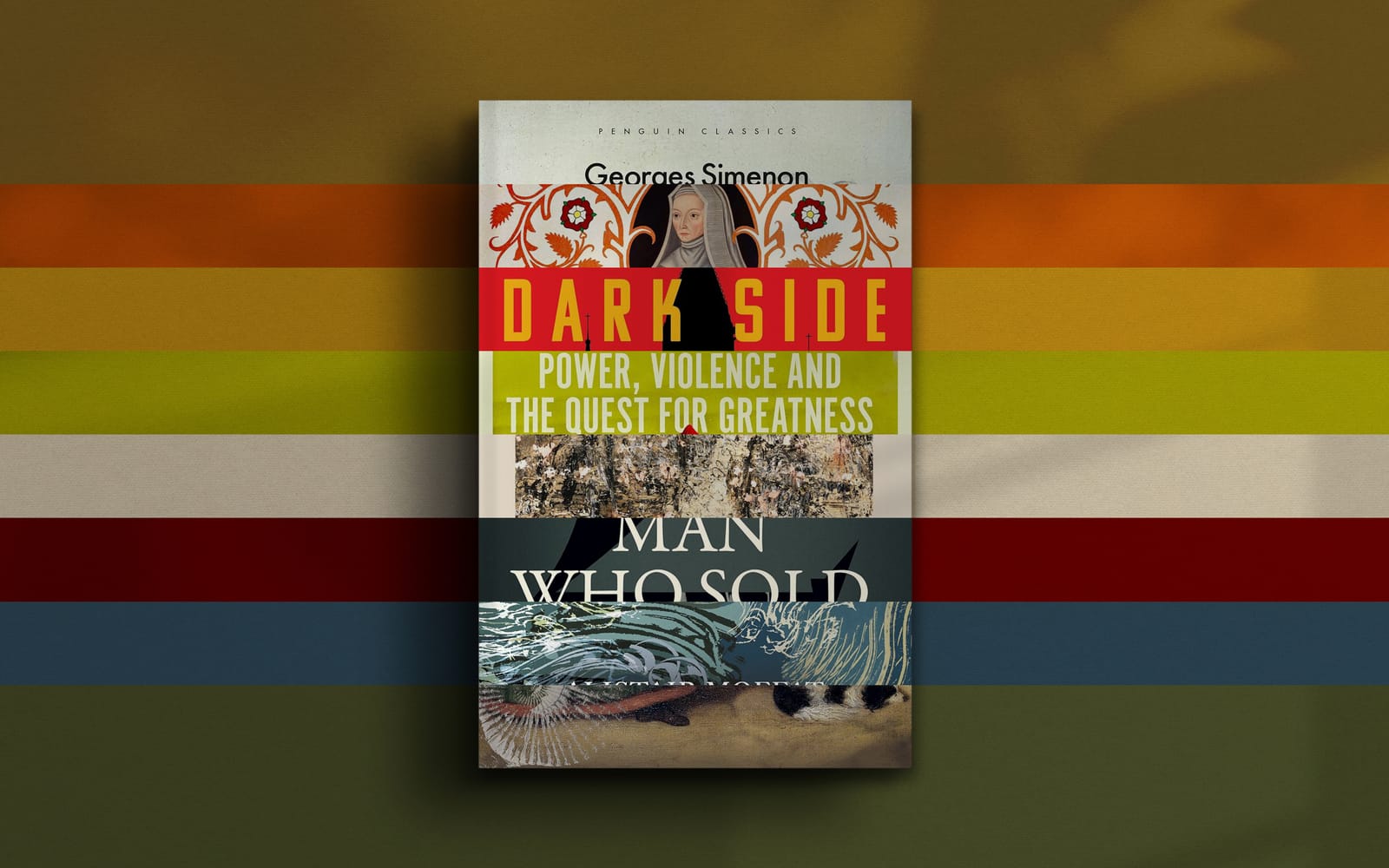New History Books for February 2025
From JFK to the Titanic, Brazil to the North Pole
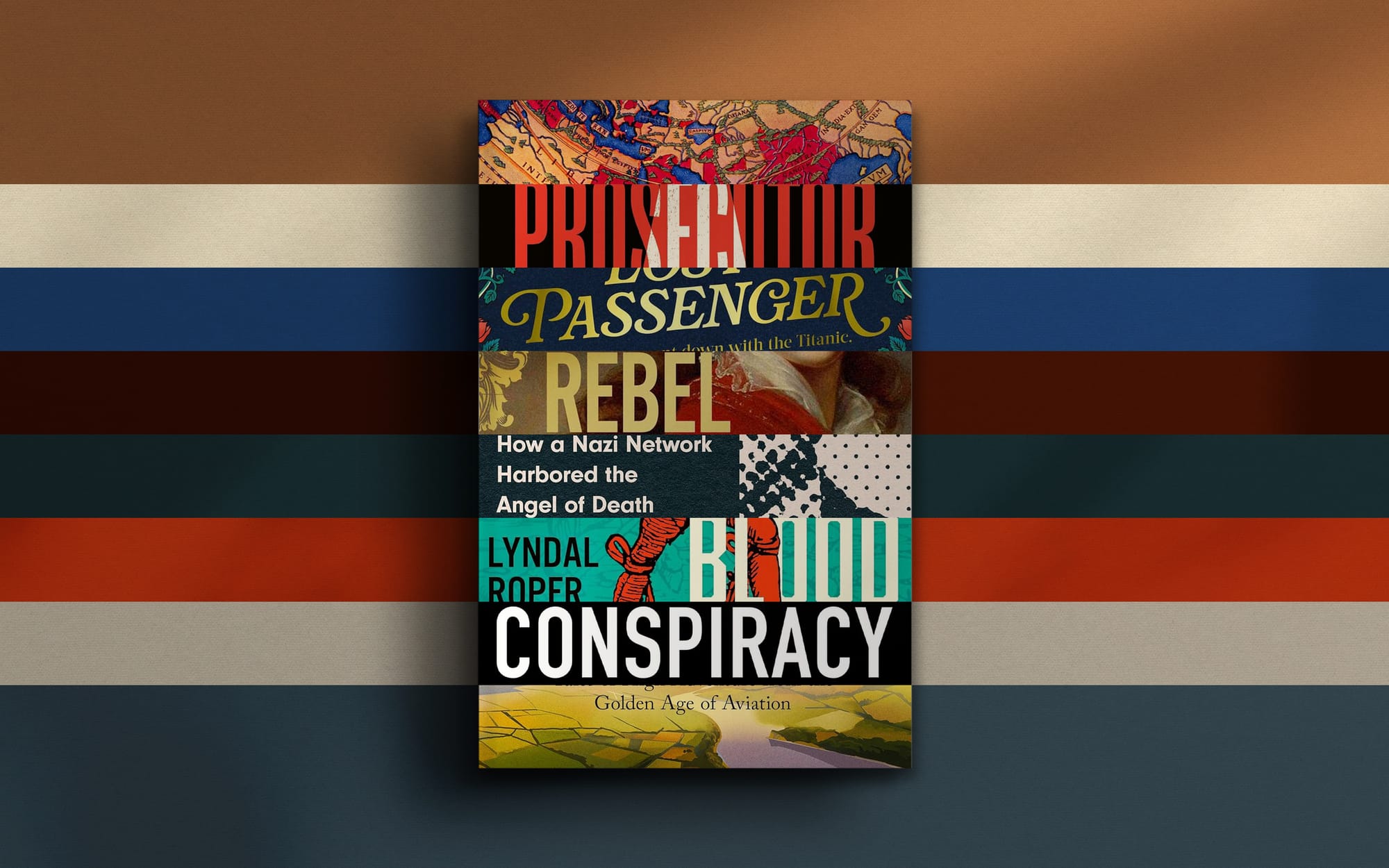

Here is a selection of anticipated new history books that will be released over the month ahead.

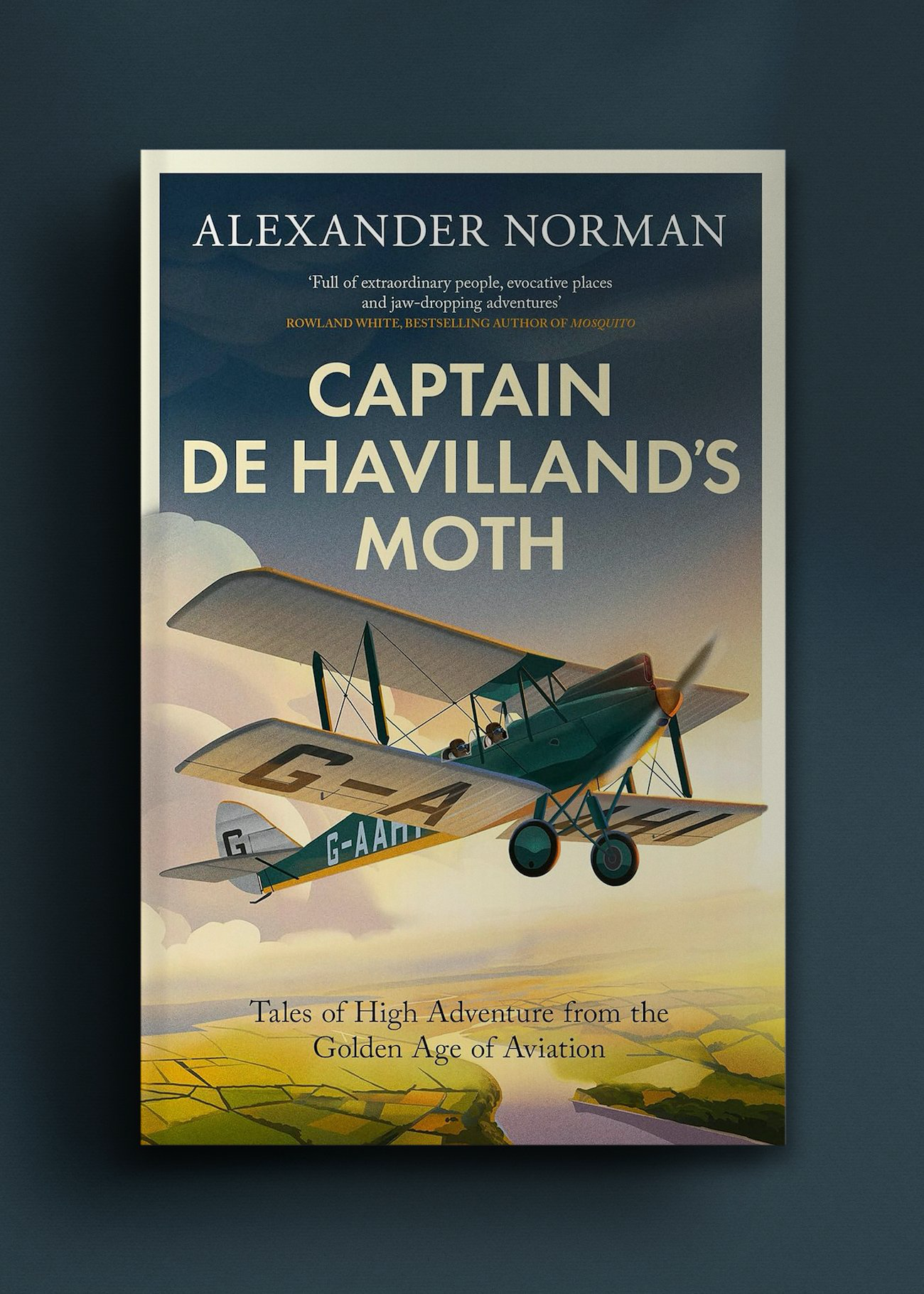
Captain De Havilland's Moth by Alexander Norman
Abacus, 6 February, 2025
'The Roaring Twenties' is a phrase filled with dynamism, but a more accurate description of those years might actually be the Flying Twenties. This decade, after all, was the age of the dirigibles, the Pulitzer Trophy in the USA and the Schneider Cup in Europe. It was also the decade, as Alexander Norman's joyful new history explains, of Captain de Havilland’s 'Moth'.
Geoffrey de Havilland became involved in aircraft design very early on. Only a few years after the Wright brothers were gliding over Kill Devil Hills, he started to sketch out the lines for his own biplane. By the First World War (the 'captain' in the book's title comes from his service in the Royal Flying Corps), de Havilland's planes were in the air over France and dodging German bullets.
But it was in the 1920s, as this book shows, that de Havilland's pioneering work came of age. The DH60 Moth first appeared in 1925 and soon everyone wanted to experience the thrill of a ride in one. This book is crammed with 'tales' of those who did.

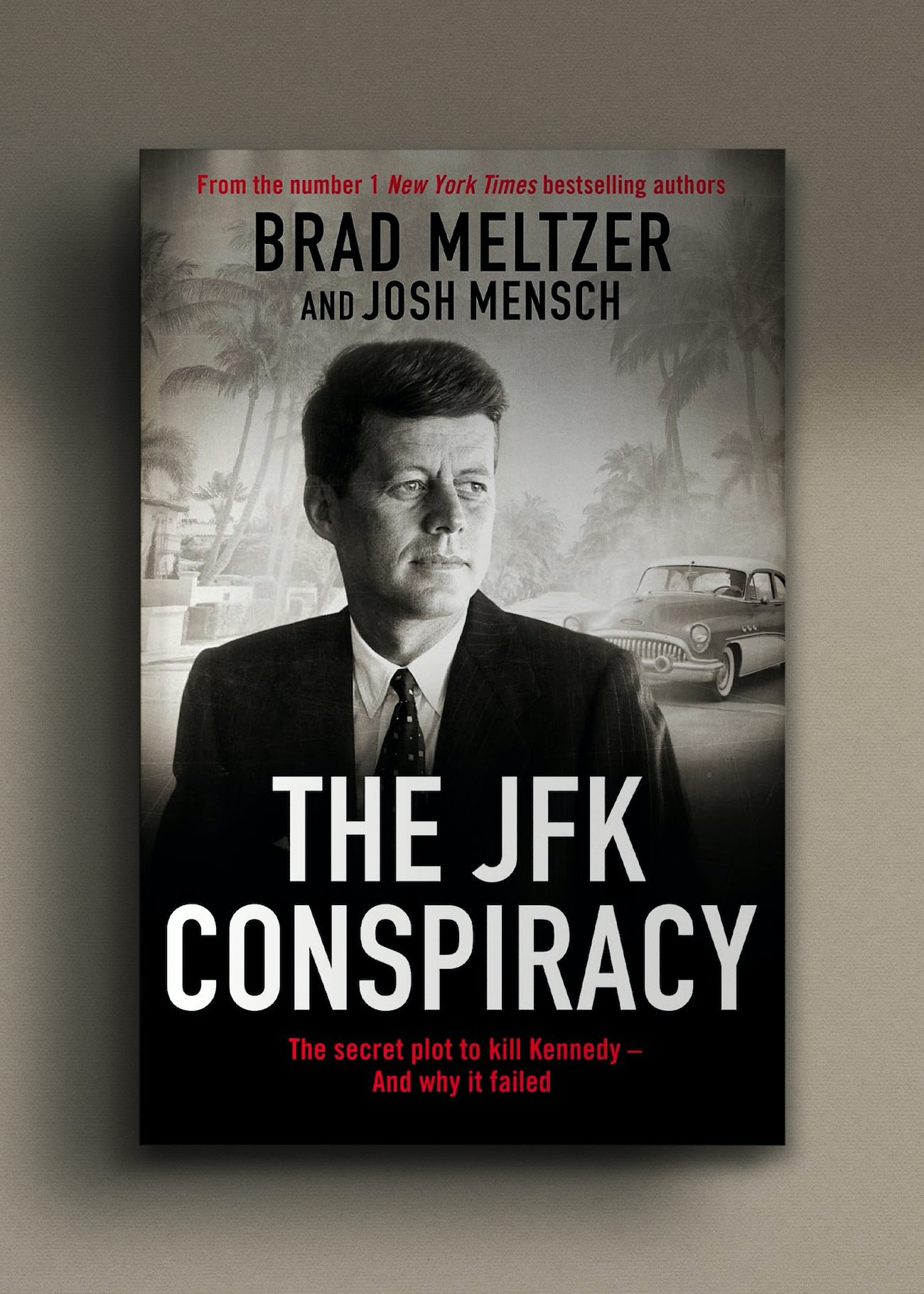
The JFK Conspiracy by Brad Meltzer and Josh Mensch
Ithaka, 13 February, 2025
The words 'JFK Conspiracy' will doubtless transport many a mind directly to a grassy knoll in Dallas in 1963, but here, in the title of Brad Meltzer and Josh Mensch's intriguing new book, the story is rooted in a completely different time and place.
In December 1960, in that strange interregnum between a presidential election and an inauguration, an earlier plot to assassinate Kennedy played out in Florida. The attempt, needless to say, did not succeed. But had it done so, then the whole history of the 1960s may have looked very different.
Kennedy remains an evergreen subject, a strange compound of the charismatic and the slippery, lucky but tragic. This book catches much of this unique personality but it has plenty of room for others too, notably Jackie Kennedy who stars in some of the book's most vivid scenes.
The Day President Kennedy Didn't Die
Brad Meltzer tells us about a failed assassination attempt that very nearly altered the course of history

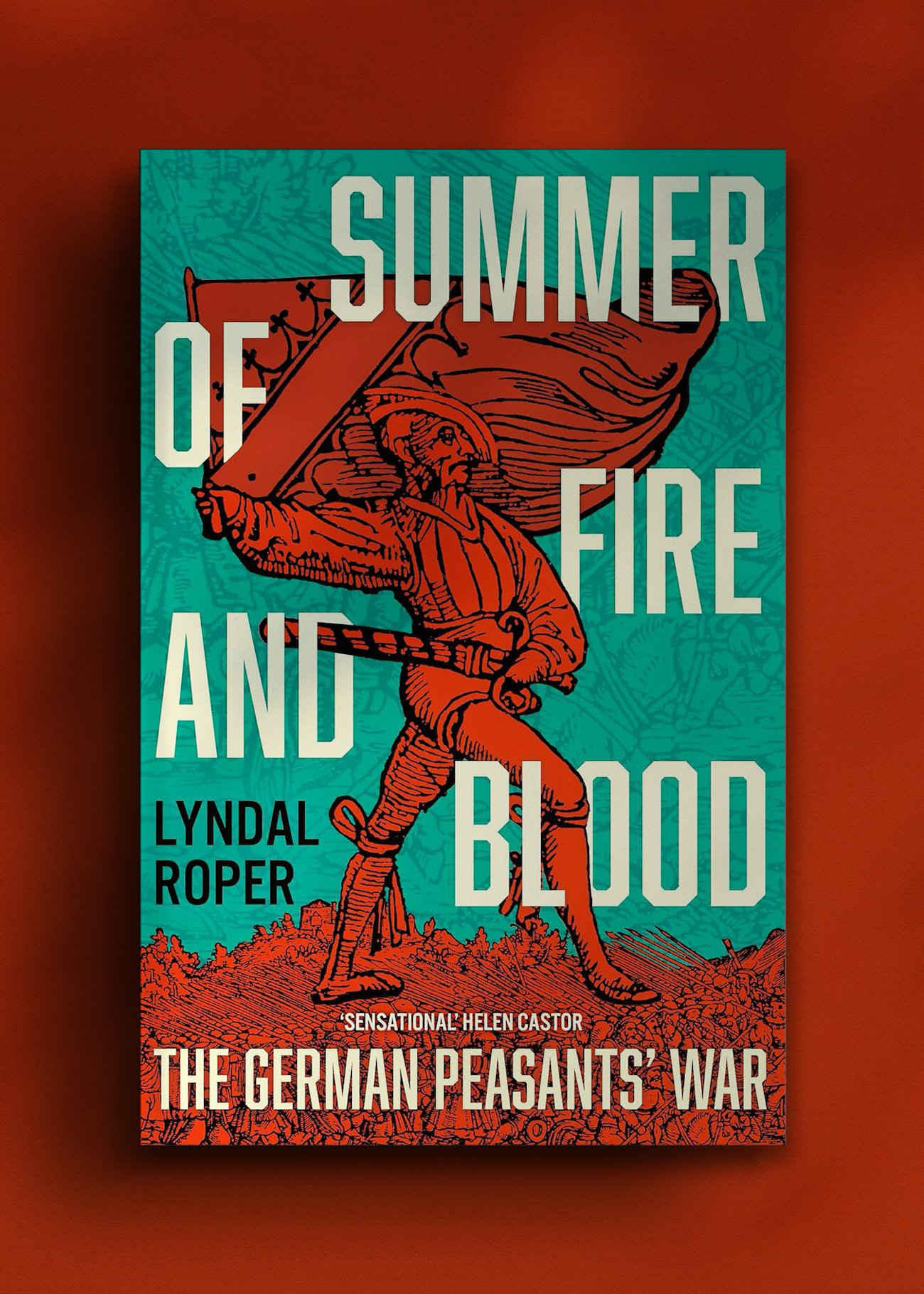
Summer of Fire and Blood by Lyndal Roper
Basic Books, 13 February, 2025
An event of great size, ferocity and consequence that remains little known in Britain today is the German Peasants' War of 1524-5. In a Europe newly agitated by Luther's revolt against the Catholic Church, it drew its strength both from this new religious tumult and a deeper resentment towards the old feudal system.
Lyndal Roper, an academic at Oxford, is adept at tracing these causes and all enthusiasts of the sixteenth-century will profit from absorbing them. As memorable, though, is the story of how the revolt played out. Several hundred thousand peasants were involved in the fighting , with one in three being killed as it was suppressed by the aristocracy.
The Peasants' War is a compelling event at a poised moment in European history. Here you can see the old Medieval world fading away and the first traces of a modern one beginning to emergy. Sweeping and scholarly, Roper catches this significant moment of popular resistance.

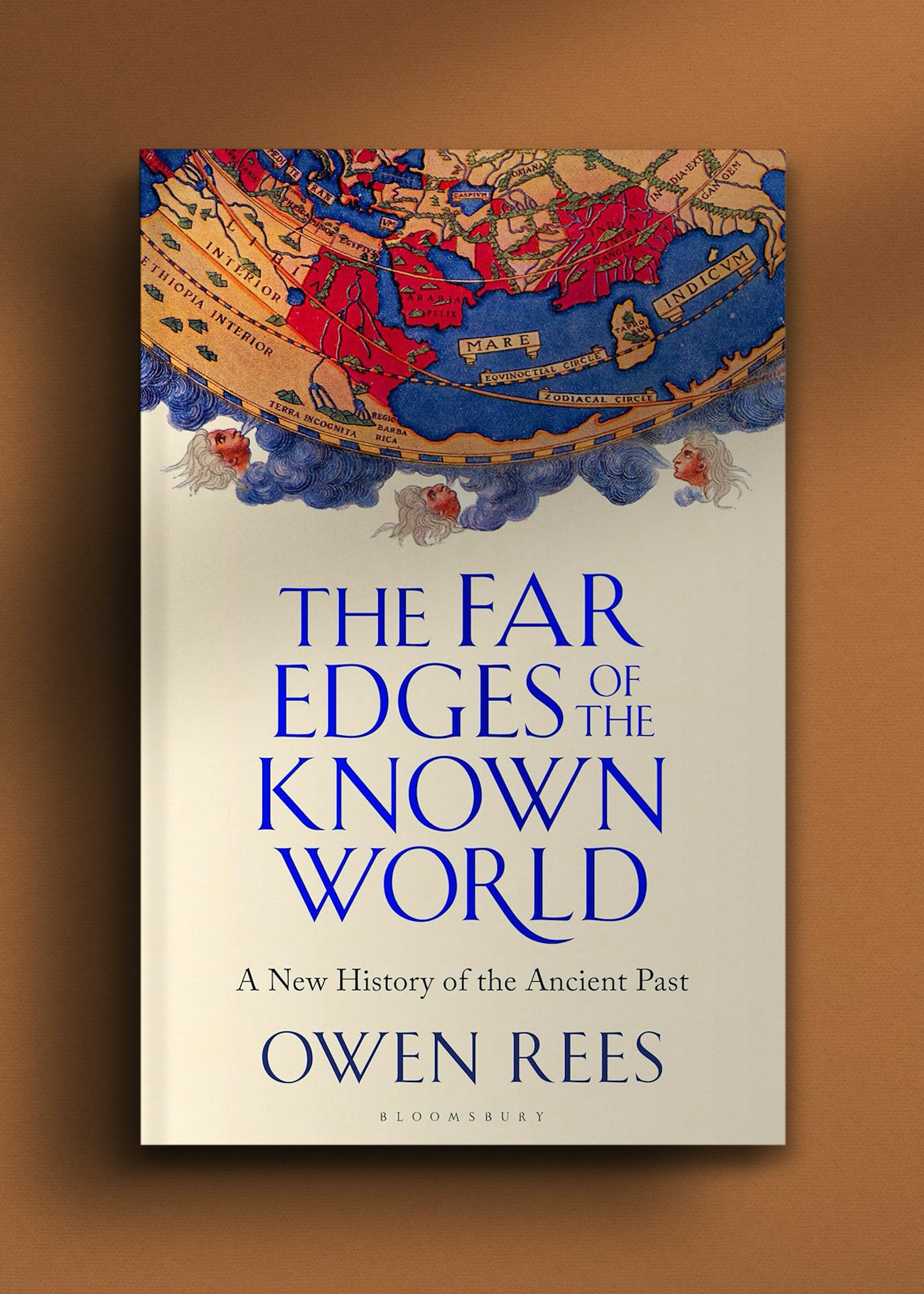
The Far Edges of the Known World by Owen Rees
Bloomsbury, 13 February, 2025
Over the past decade academic historians have presented us with powerful new ways of interpreting the ancient world, books like Peter Frankopan's The Silk Road and Josephine Quinn's How the World Made the West. Now comes Owen Rees and another refreshing take. Rees's argument is that we should reframe our perspectives. To see the ancient past anew, he argues, we should learn to see it from the edges.
This is an inviting pitch. To most of us, after all, the ancient world is simply the Egyptians, Greeks and Romans with a few half-remembered neighbours thrown in too. Rees retreats from this approach. Instead he strays to the borderlands, from Scotland to Kenya, Morocco to Vietnam. Teeming with the latest scholarly work and enlivened by discoveries from new archaeological techniques, this is a bold book of great scale.
The Far Edges of the Known World with Owen Rees
Owen Rees leaves Athens and Rome behind and strikes out for the lesser known regions of the ancient world

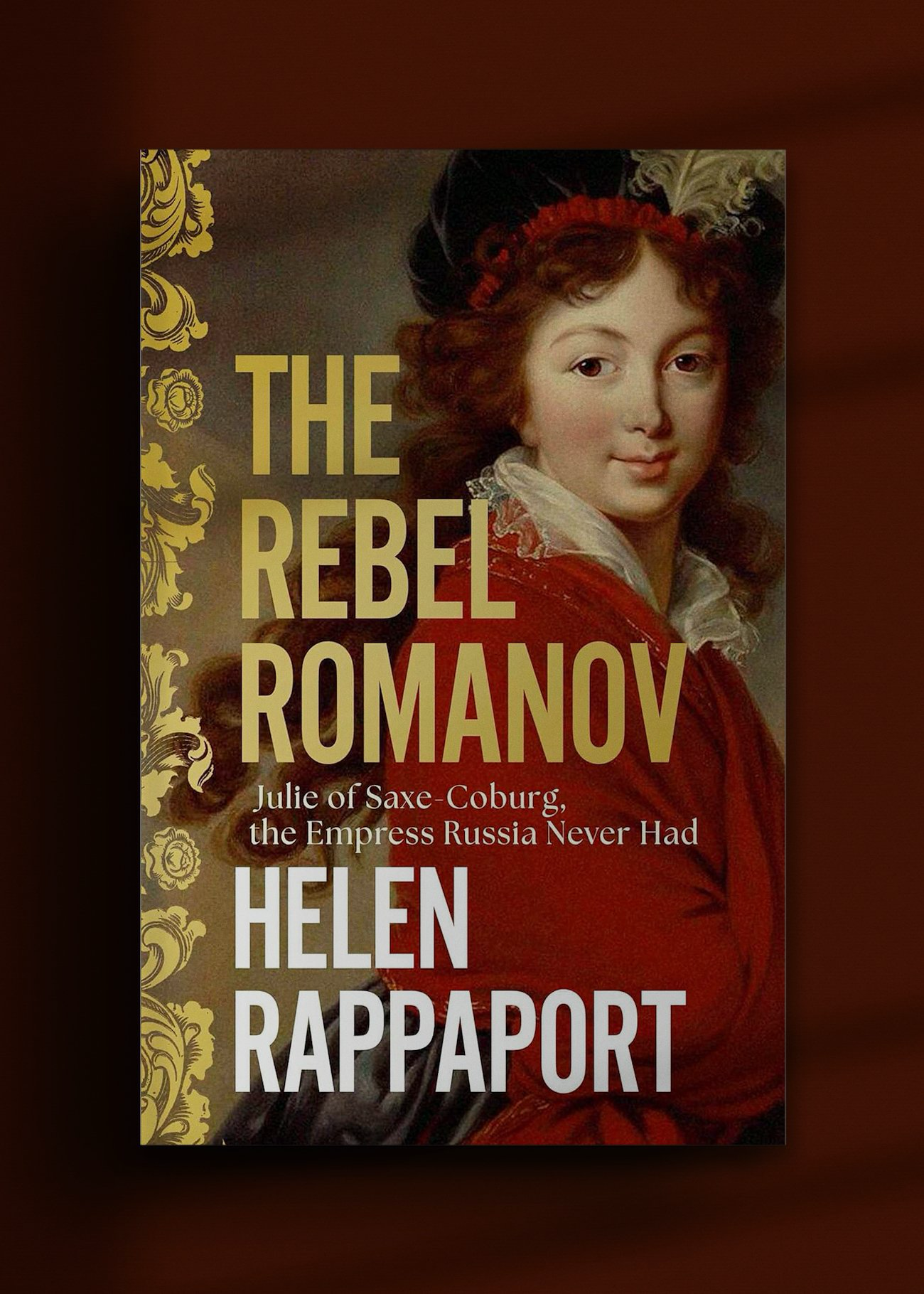
The Rebel Romanov by Helen Rappaport
Simon & Schuster, 13 February, 2025
For anyone in the eighteenth-century who grew up dreaming of a dashing prince in a faraway land, of a life of great splendour and power, the story of Princess Juliane-Henriette-Ulrike stood as a powerful cautionary tale.
Her unlikely, adventurous life is mapped out here with great ability by Helen Rappaport. Born in relative obscurity in Saxe-Coburg-Saalfeld, Julie ended up marrying a great figure of the time - Grand Duke Konstantin of Russia. Unfortunately he turned to be as bad a husband as he was a rich one. Trapped in a bad marriage in a foreign country, Julie's life was further complicated by the tempestuous politics of the day. For while one tyrant dominated her life at home, in the west another, Napoleon Bonaparte, presented a new threat.
This is an engrossing biography set in a fascinating period. Julie may have ended up 'the Empress Russia Never Had' but, as readers will find out, there was much more to her than this.

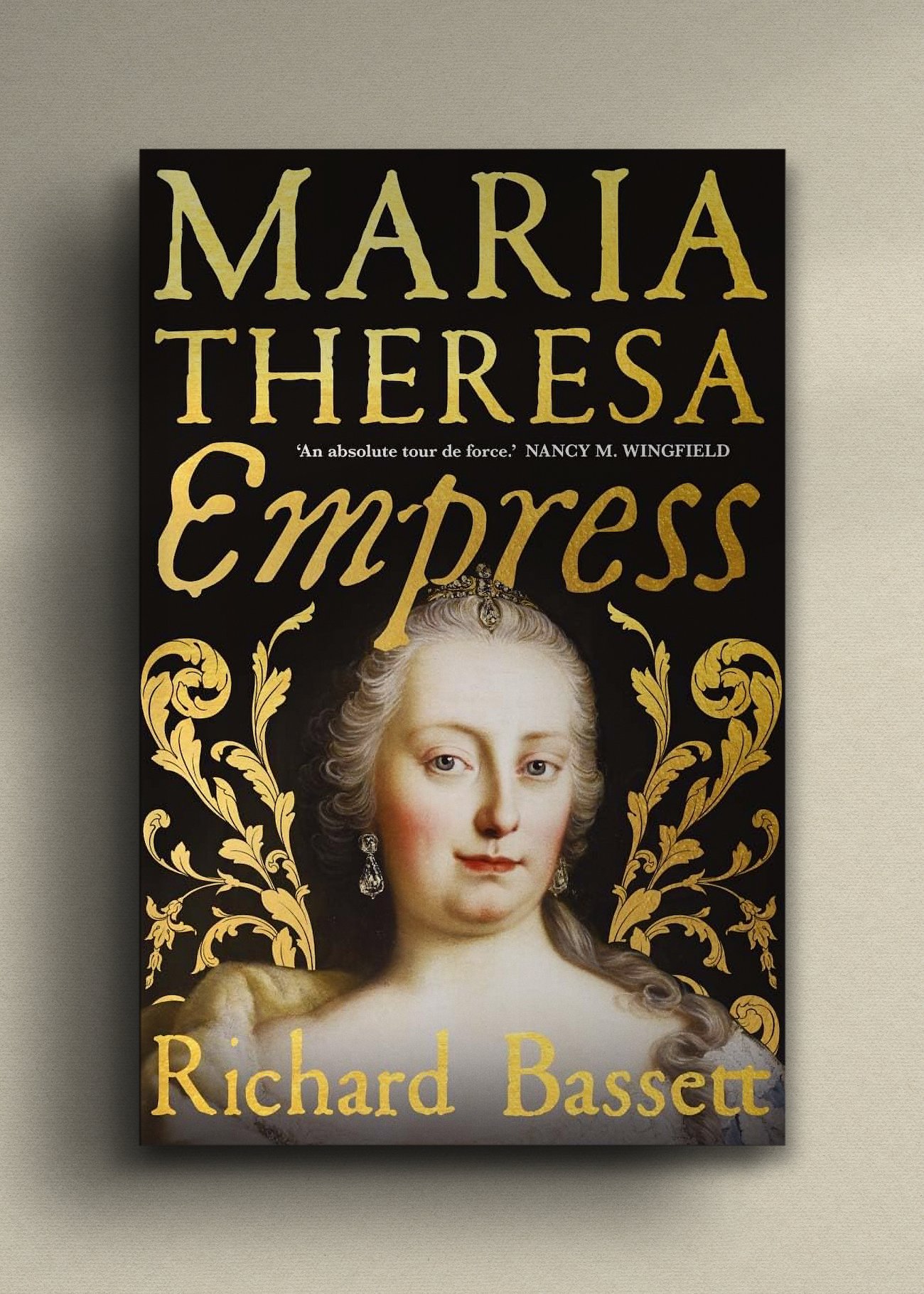
Maria Theresa Empress by Richard Bassett
Yale University Press, 25 February, 2025
A sharp contrast to Princess Juliane-Henriette-Ulrike's life in that of the Empress Maria Theresa. While Julie had little power of her own, the subject of Richard Bassett's comprehensive biography was laden with it. Billed as 'the single most powerful woman in eighteenth-century Europe', Maria Theresa spent four action-filled decades at the zenith of European politics during a decisive period (1740-80) of modern history.
This longevity alone says much about Maria Theresa. And these were not quiet years. Wars raged for much of the 1750s and 1750s. At stake was more than just mere territory, The eighteenth-century was a battleground of ideas as different countries forged their own paths towards the future. Just how Maria Theresa did this; her attitude towards empire-building, free trade and religious freedom, forms part of Bassett's rigorous study.

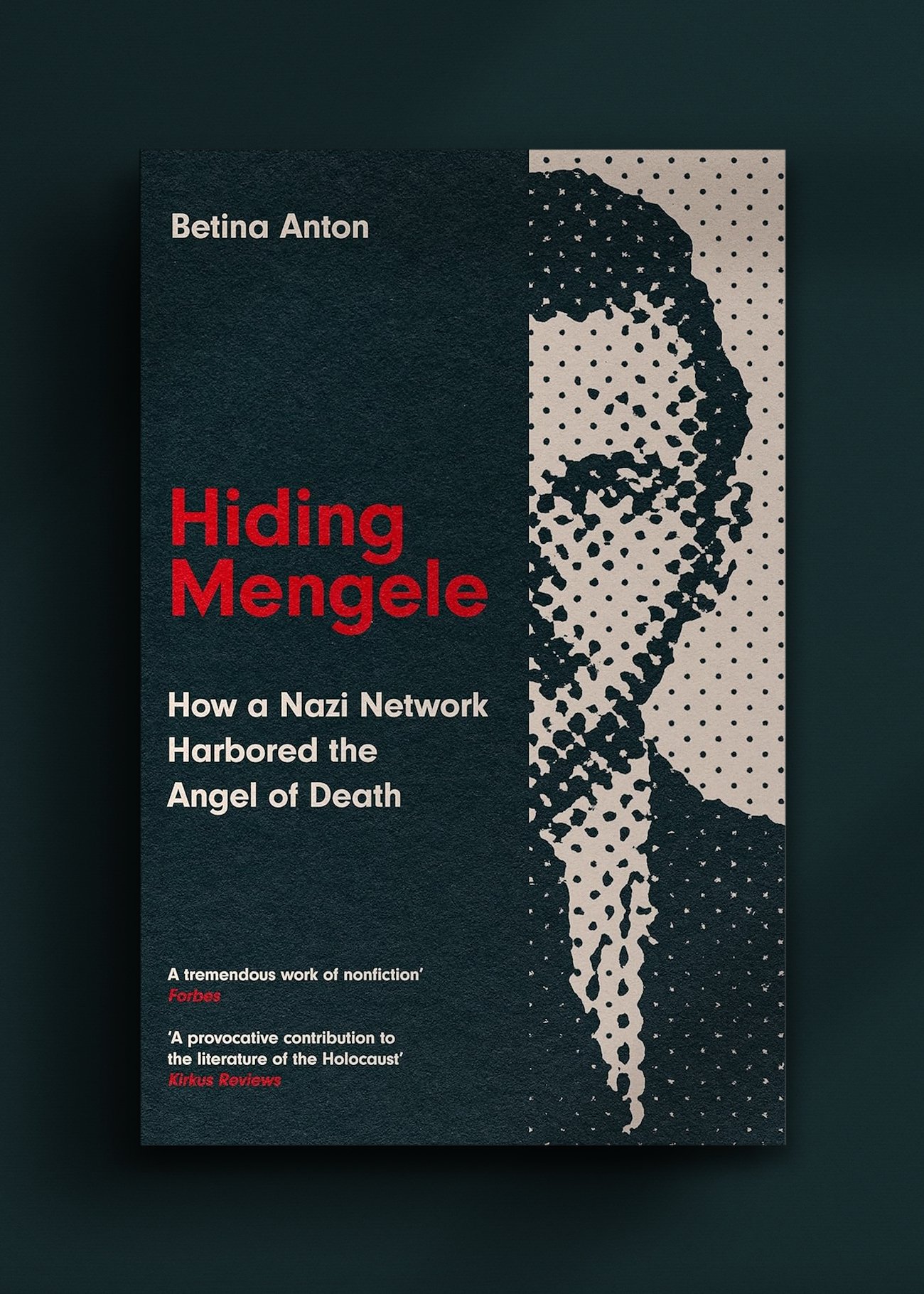
Hiding Mengele by Betina Anton
Icon, 27 February, 2025
Of all the wretched monsters of the twentieth-century, Josef Mengele was certainly one of the worst. The infamous 'Angel of Death' he was responsible for carrying out a series of appalling human experiments, most notably at the Auschwitz Extermination Camp during the Holocaust.
And yet long after the Liberation of Auschwitz in January 1945, and long after the sensational capture of Adolf Eichmann in 1960, Mengele remained a fugitive. In Hiding Mengele, the author Betina Anton combs back through his life and the circumstances of his escape to South America and concealment thereafter. Her aim is to discover how a man such as this managed to elude the formidable forces that sought him.
There is much in this book to ponder: loyalty, betrayal, justice, atonement. Hiding Mengele shows, as many works of this type do, how South America provided the final setting for the Nazi story. And with Betina Anton and São Paulo, there is a personal aspect to Hiding Mengele too.
Josef Mengele the Elusive Nazi
Betina Anton explains how one of the most infamous Nazis remained at large for decades after the end of the Second World War

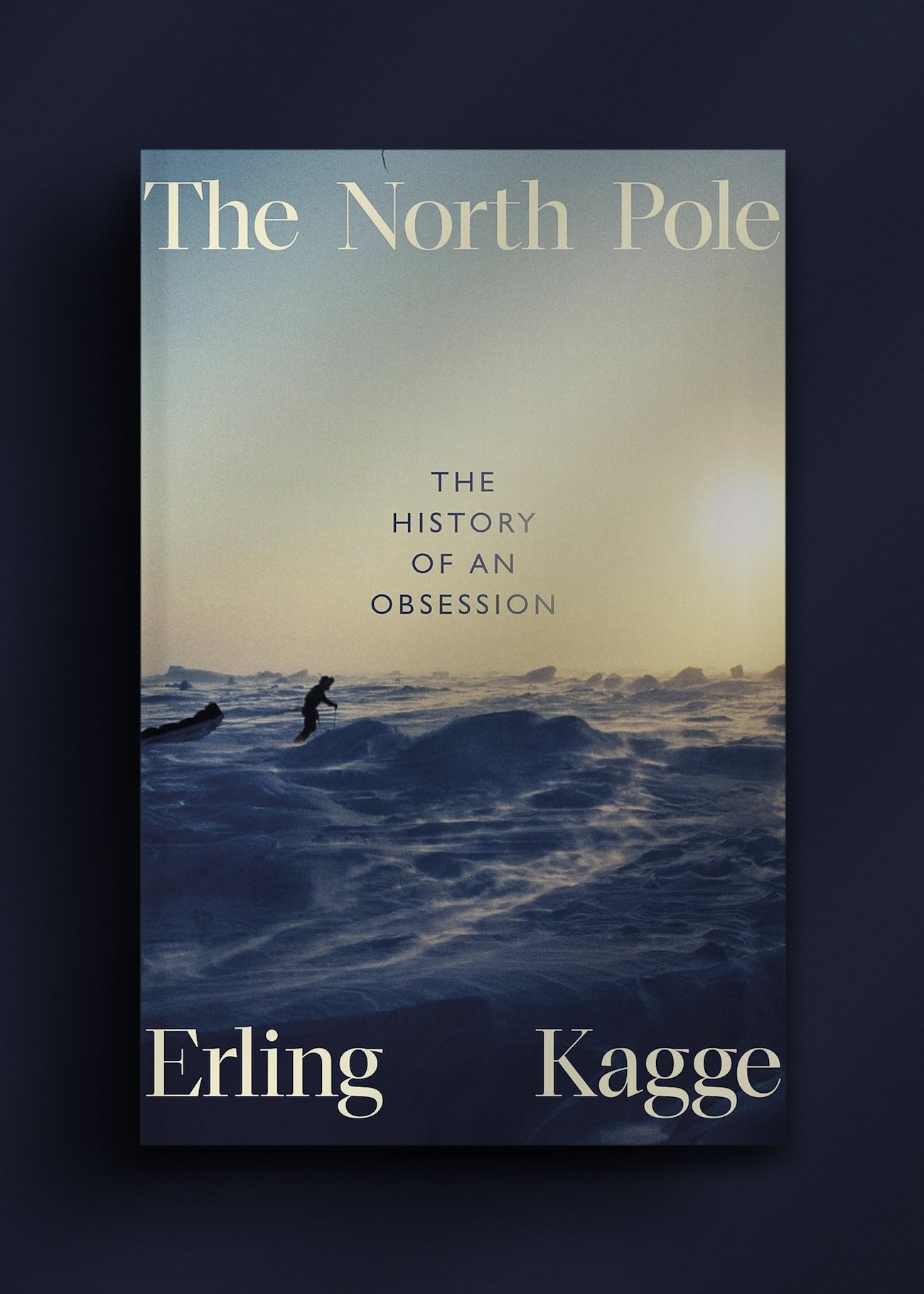
The North Pole by Erling Kagge
Viking, 27 February, 2025
The Norwegian writer and adventurer Erling Kagge grounds his new book in the story of his 1990 expedition to the North Pole. Back then his aim was to become the first (along with his friend Børge) to reach the pole unsupported. Now, a generation on, his ambition is quite different. In The North Pole Kagge sets out to understand what drove him on that quest? What lure was so enticing that he risked great dangers in trying to accomplish it?
The North Pole is a dazzling book. Brisk and evocative, it is a mix of history and memoir that examines the very human nature of adventure and 'obsession'. We might think there is just one North Pole, Kagge explains, but actually the term could refer to several different ideas — celestial, magnetic, geographic or imaginary.
Striking back through time to the earliest attempts to locate the top of the world, the book then traces the shifting meaning of the term through the ages that follow. An enchanting read.

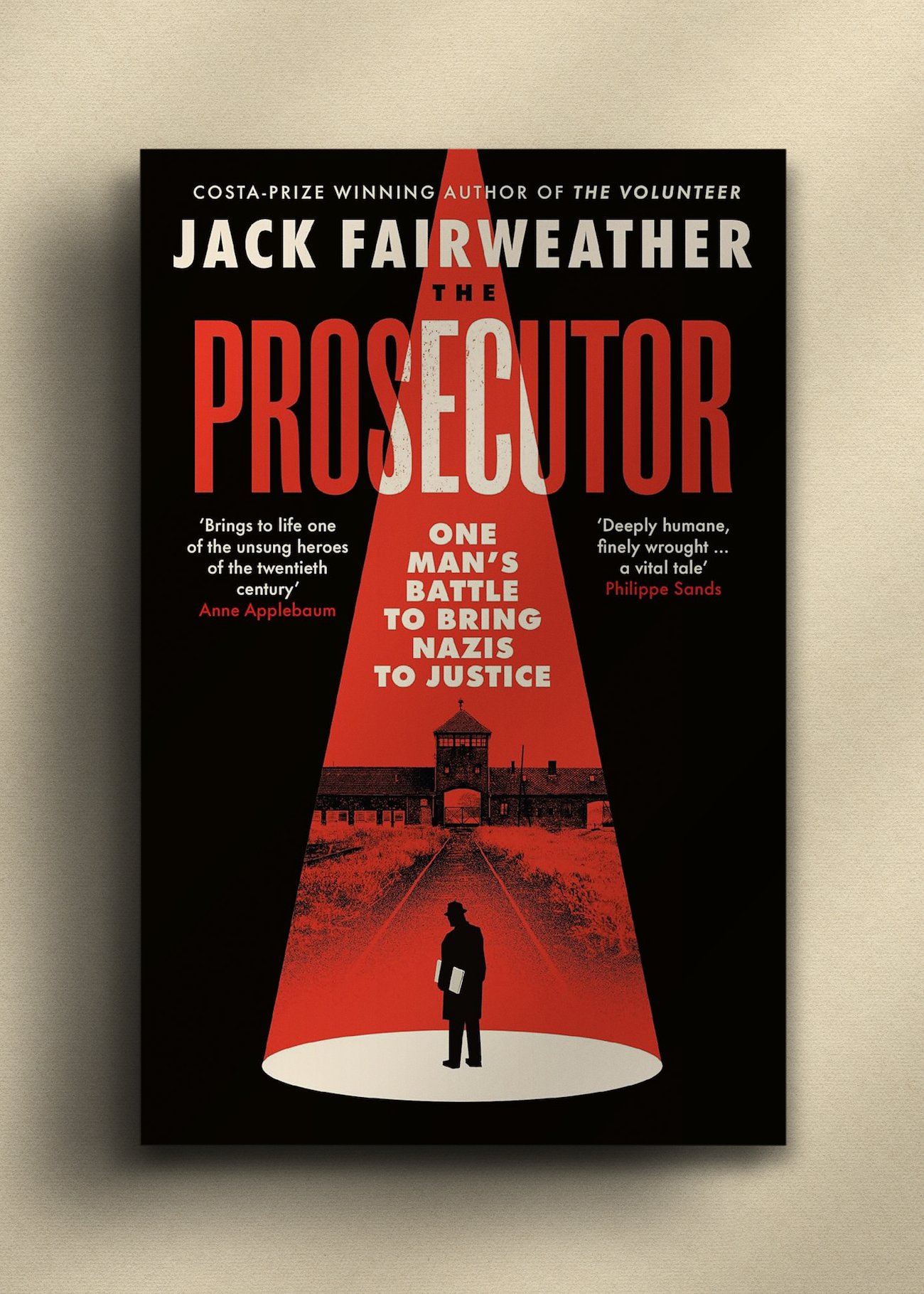
The Prosecutor by Jack Fairweather
WH Allen, 27 February, 2025
The journalist/author Jack Fairweather is well-known for his 2019 Costa-winning The Volunteer, which told the story of Witold Pilecki, the Polish intelligence officer who astonishingly managed to infiltrate the Auschwitz Concentration Camp.
His new book, The Prosecutor, has many similar characteristics. It analyses another episode of Holocaust history and focuses on the efforts of a single individual to alter the course of history. Rather than Witold Pilecki, this time Fairweather introduces us to Fritz Bauer, a Jewish lawyer who returned to Germany at the end of the Second World War with a desire to see justice done.
As Hiding Mengele (a book covered above) demonstrates, this was no simple undertaking. While many Nazi were apprehended in the chaotic final phases of the European war, many others managed to slip away into anonymity. Bauer's story continues far into the post-war years, as West Germany seeks to move on from the traumas of its past. Bauer's determination that justice is not evaded lies deep at the heart of this powerful story.

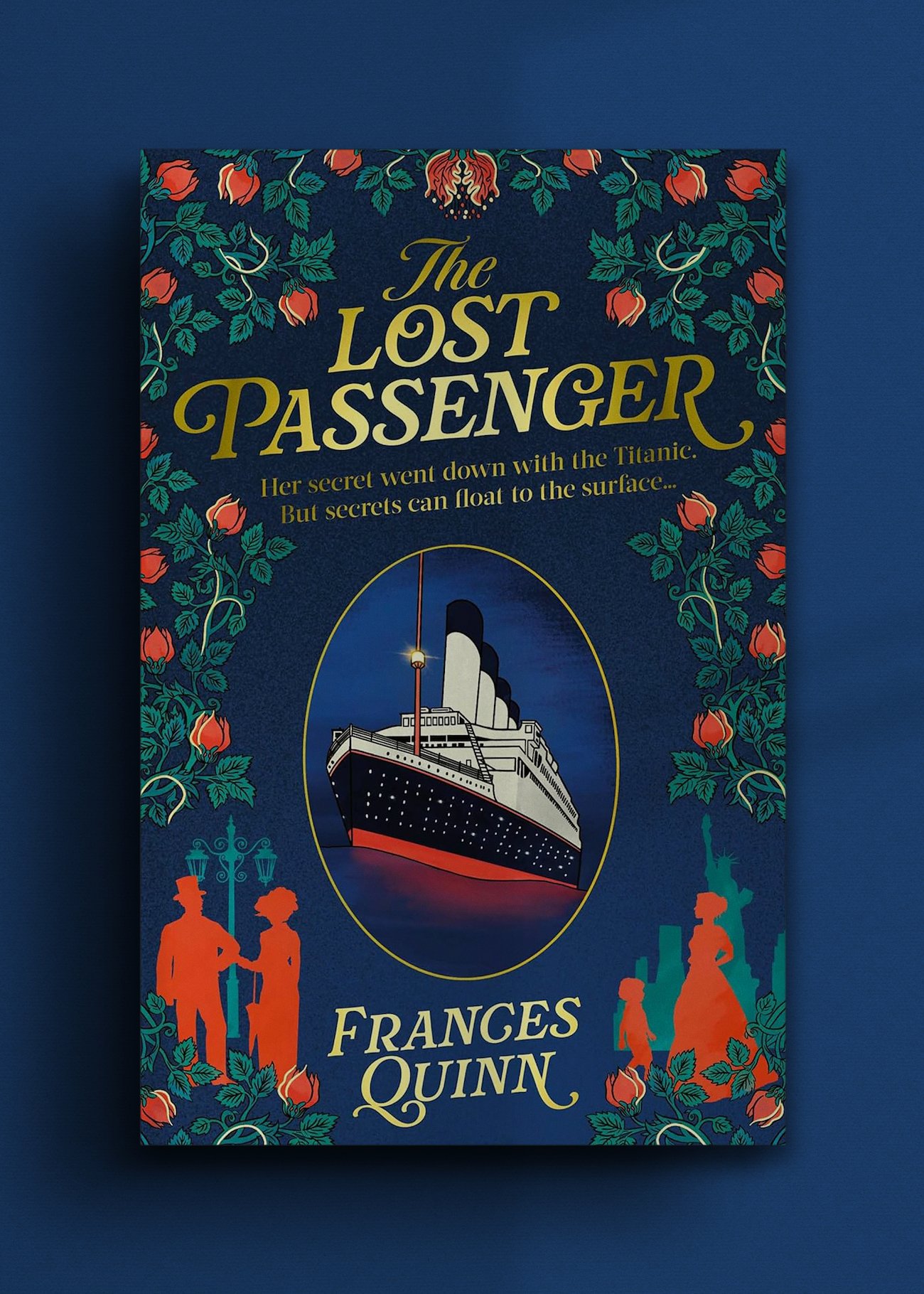
The Lost Passenger by Frances Quinn
Simon & Schuster, 27 February, 2025
For those readers more inclined to historical fiction than fact, Frances Quinn—author of the hugely popular That Bonesetter Woman—is returning this month with a thrilling new novel.
The Lost Passenger involves one of the most familiar of all historical settings: April 1912 and the departure of RMS Titanic for New York. But while the iceberg that awaited in the cold Atlantic brought disaster for many, for Quinn's protagonist Elinor Coombes it generated an opportunity. Trapped in an unhappy marriage, Elinor is presented with the chance of starting over when she is mistakenly listed among the dead.
Liberated, Elinor is turned loose in another of the twentieth-century's most glamorous settings: fast-growing New York. Excitement awaits. The only thing is that the truth is not far behind.
Surviving the Titanic
Frances Quinn finds a new story in the most famous shipwreck of all time

This month's Previews were by Peter Moore.
📸 Dive into our Features
🎤 Read Interviews
🎧 Listen to Podcasts
🖼️ Buy fine art prints & more at our Store


